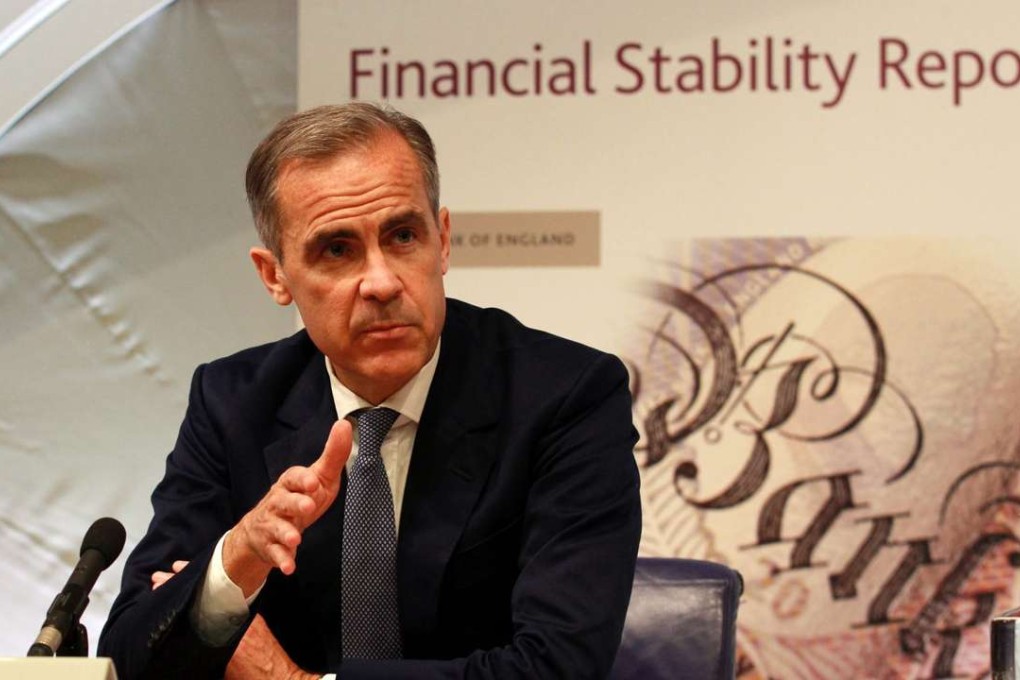Macroscope | Now for the difficult part: Keeping the Brexit negotiation from turning nasty is a huge challenge
Maintaining a civil and constructive tone to the exit negotiations is essential, if difficult, amid an atmosphere of political recrimination

As market gyrations in the aftermath of the Brexit vote quieten somewhat, political and social turmoil in the UK shows no sign of abating. The bitter and often dishonest UK referendum campaign has further debased already low standards of public discourse.
Politicians are not held accountable for what they say. They can lie and distort reality with seeming impunity. They can switch positions once in power as if this were to be expected.
They can cynically exploit legitimate popular discontent, driven by a growing sense of economic and social exclusion, offering imaginary solutions that only aggravate the underlying problem.
Britain is a sadder place for the dismal process and outcome of the victory of Brexit
Britain is a sadder place for the dismal process and outcome of the victory of Brexit. Some commentators argue that representative democracy is ill-served by issue-specific referenda.
Such exercises demand that electorates make decisions whose consequences they do not understand. The temptation to register a protest vote against an incumbent government, or the establishment in general, can prove irresistible.
The most immediate action the incoming UK Government will need to take is an invocation of Article 50 of the Lisbon Treaty, formally signalling Britain’s intended departure from the EU. After that, negotiations for separation must be completed within two years.
The political establishment in Britain had hoped to launch an informal discussion with Brussels beforehand. That option was denied by the UK’s erstwhile EU partners, who with various degrees of fervour insisted on a formal process in short order as soon as possible so as to avoid the debilitating consequences of uncertainty.


